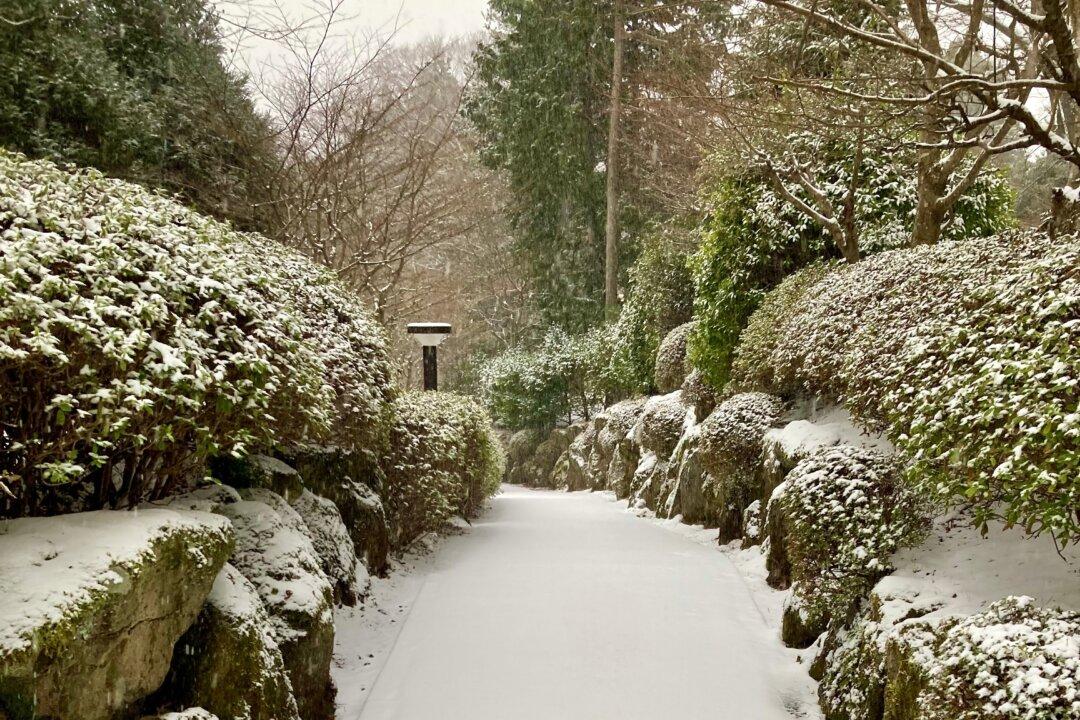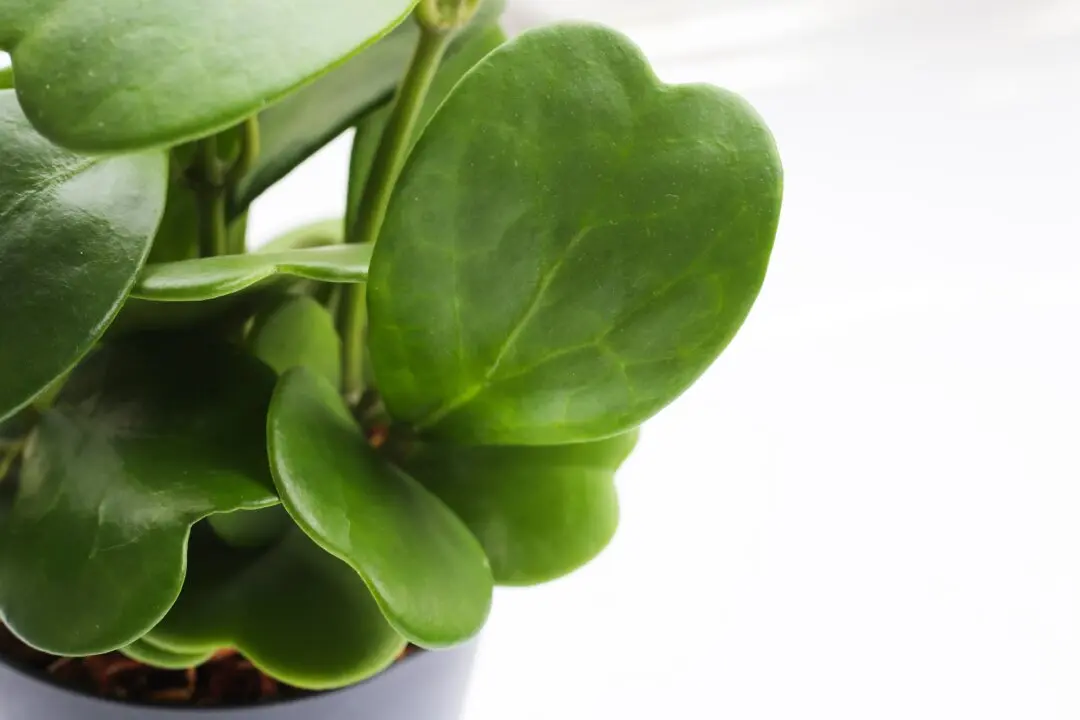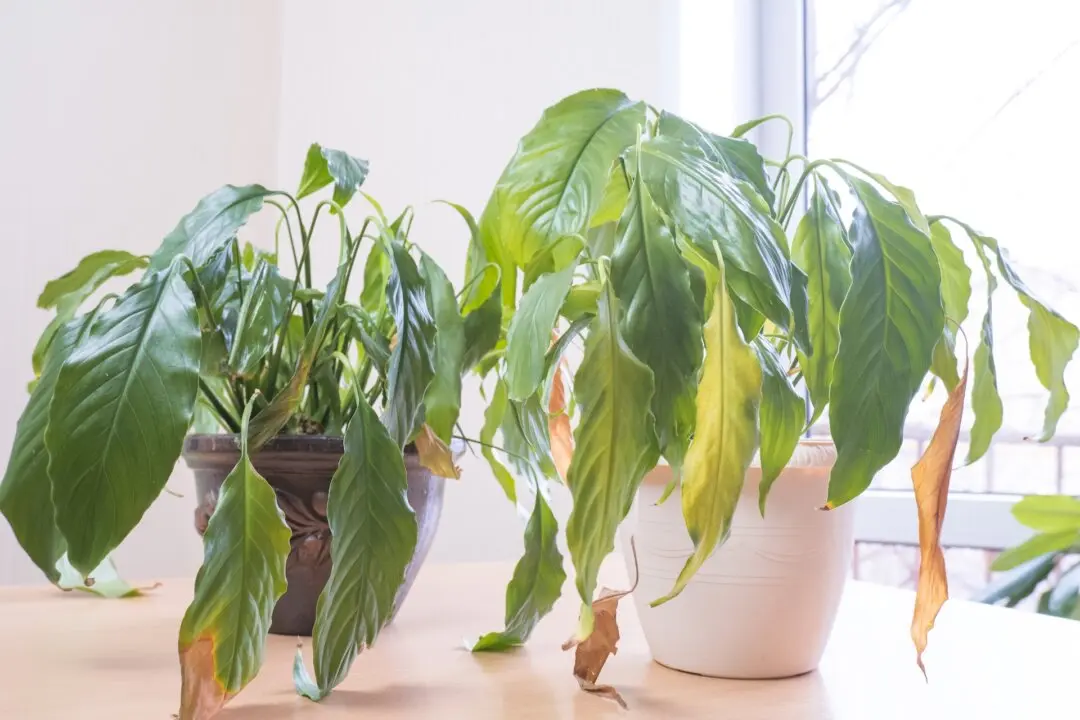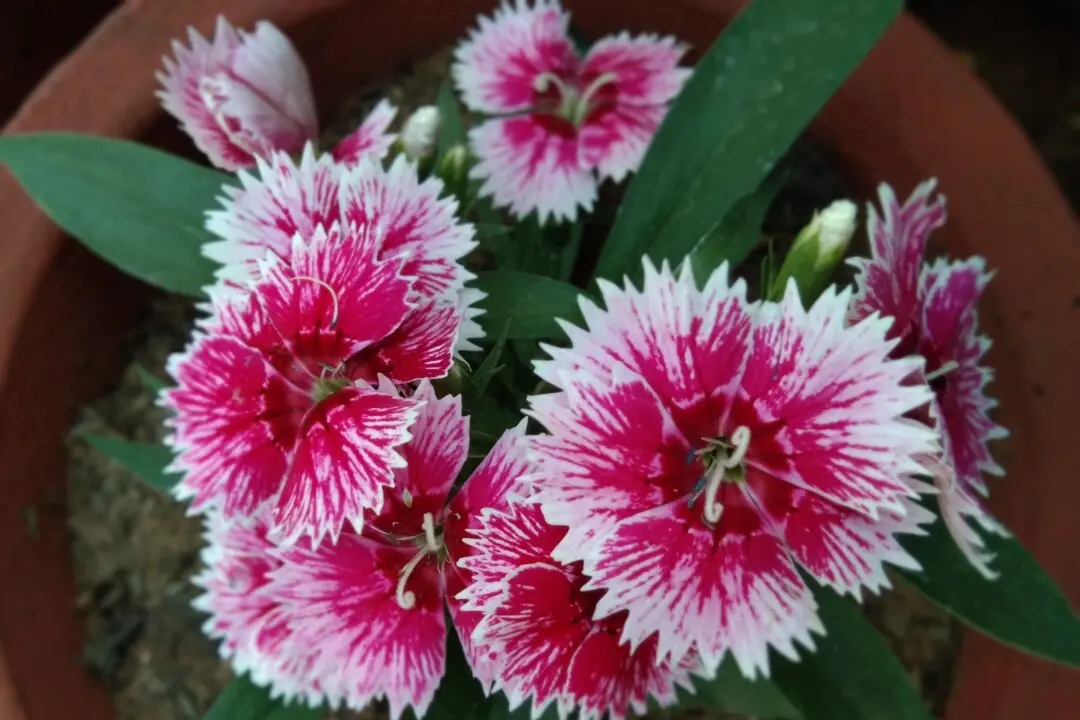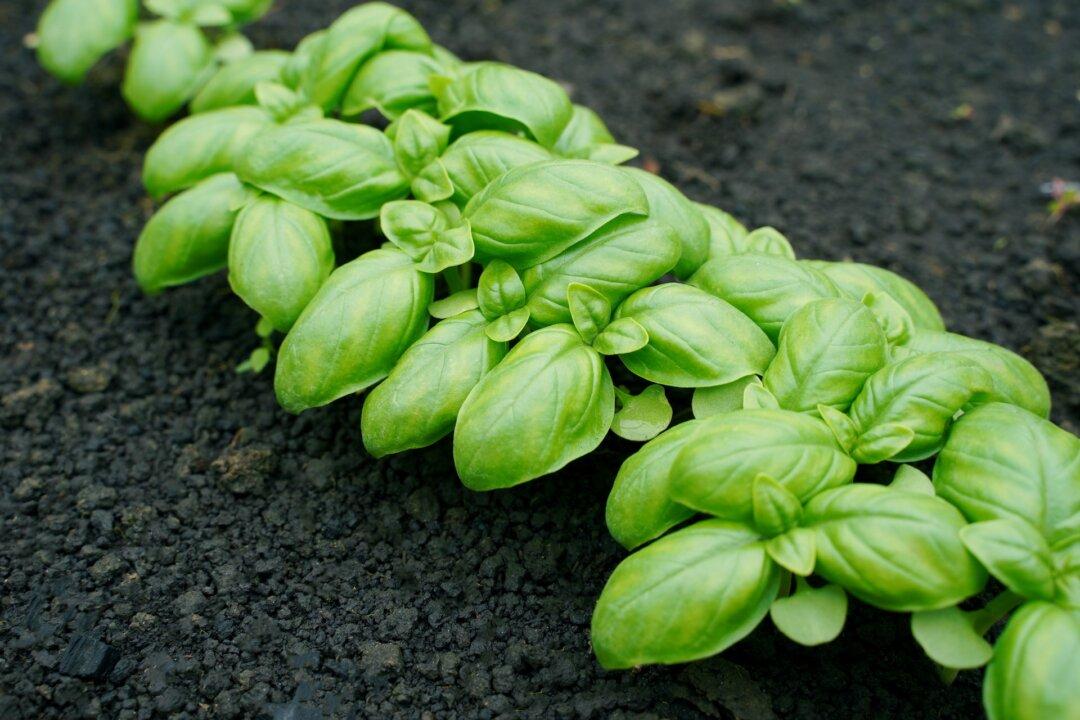Q: It looks like winter is coming next week, and I need to get some ice-melting granules. My area gets a few ice storms each winter. We get a little snow too, but that usually melts off quickly. My concern is getting rid of the ice. I was told that I could use lawn fertilizer to melt the ice, and it would then fertilize the grass nest to the sidewalk when the weather warms up. What do you think?
A: It is that time of year again. Some snowstorms have ice storms along their southern edge. It is amazing how far south ice storms can reach. Only a few areas of our country are immune to them. The southern edge of the snowbelt can get freezing rain several times a year, while the Gulf Coast gets them once every few years.

